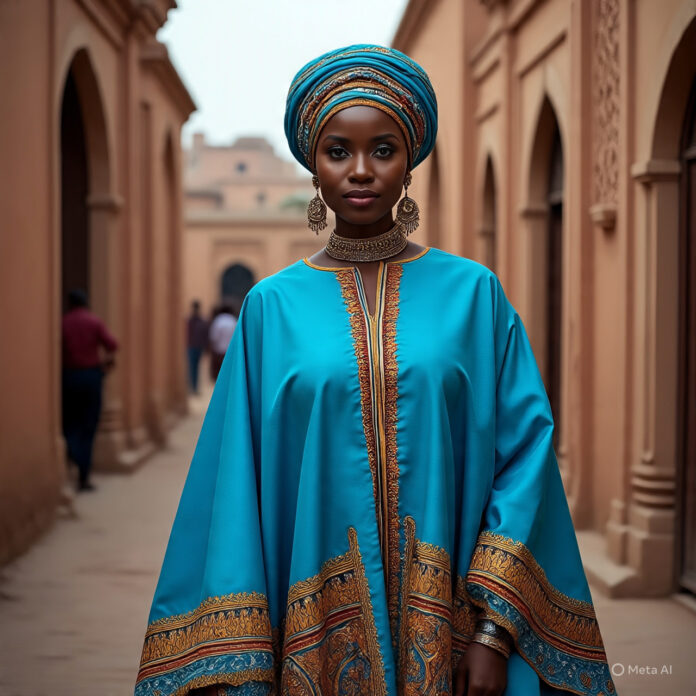By Asmau Muhammad saidu
Fashion is more than just clothing it is a cultural and social force that reflects identity, creativity, and societal values. Throughout history, fashion has been shaped by politics, religion, technology, and art. In Kano and across Nigeria, it has always been more than fabric; it is a language of self-expression, culture, and pride.
At its heart, fashion is vibrant and versatile, going beyond garments, footwear, and accessories. It is a way people communicate who they are and where they come from. What we wear influences not only how we feel about ourselves but also how others perceive us. In schools, offices, and even ceremonies, what is considered “proper” dressing is guided by fashion trends and cultural expectations.
In Kano, fashion has always been deeply tied to culture and tradition. When I spoke with Malam Sani, a local tailor in Sabon Gari, he explained that styles like agbada and kaftan are not only fashionable but carry pride and prestige. “When a man wears agbada to a wedding,” he said, “he is not just dressing up; he is representing his heritage.”
For women, garments like ankara gowns, lace, and abaya are staples. Aisha, a Kano-based fashion designer, described fashion as a balance between tradition and modernity: “Here in Kano, people love to wear outfits that reflect their culture but also follow global trends. That mix is the beauty of fashion in our city.”
Even within Nigeria, cultural styles tell different stories. From the flowing boubou of the North, to the kente-inspired outfits admired across West Africa, to ankara prints that dominate everyday wear, fashion continues to bridge identity and creativity.
During interviews with young women in Kano, a recurring theme emerged: fashion boosts confidence. Zainab, a university student, said she feels most powerful in a neatly styled Ankara outfit with bold colors: “When I wear Ankara, I feel vibrant, like my personality is walking before me.”
Similarly, Joy, another student, said her favorite styles are boubou and English wear. She explained that boubou makes her feel elegant and graceful, while English wear gives her a sense of professionalism: “I wear it to important occasions, but also on normal days when I want to feel sharp and respected.”
Even local stylists agree. Maryam, who runs a small boutique in Kano, described fashion as her “canvas.” She said that choosing the right fabric and styling outfits for her clients is more than business it’s a way to communicate individuality, values, and creativity.
What all these voices show is that fashion is not just about looking good—it is about identity, self-expression, and empowerment. In Kano, where tradition and modernity meet every day, fashion carries cultural pride while allowing people to express their personalities.
It gives confidence, shapes first impressions, and builds connections. Whether it’s a bold Ankara print, a flowing boubou, or a well-tailored kaftan, fashion tells stories of heritage, individuality, and aspiration.
In the end, fashion in Kano, and Nigeria at large, is not just clothing. It is living art, a reflection of culture, and a powerful way for individuals to show the world who they are and who they dream to become.


